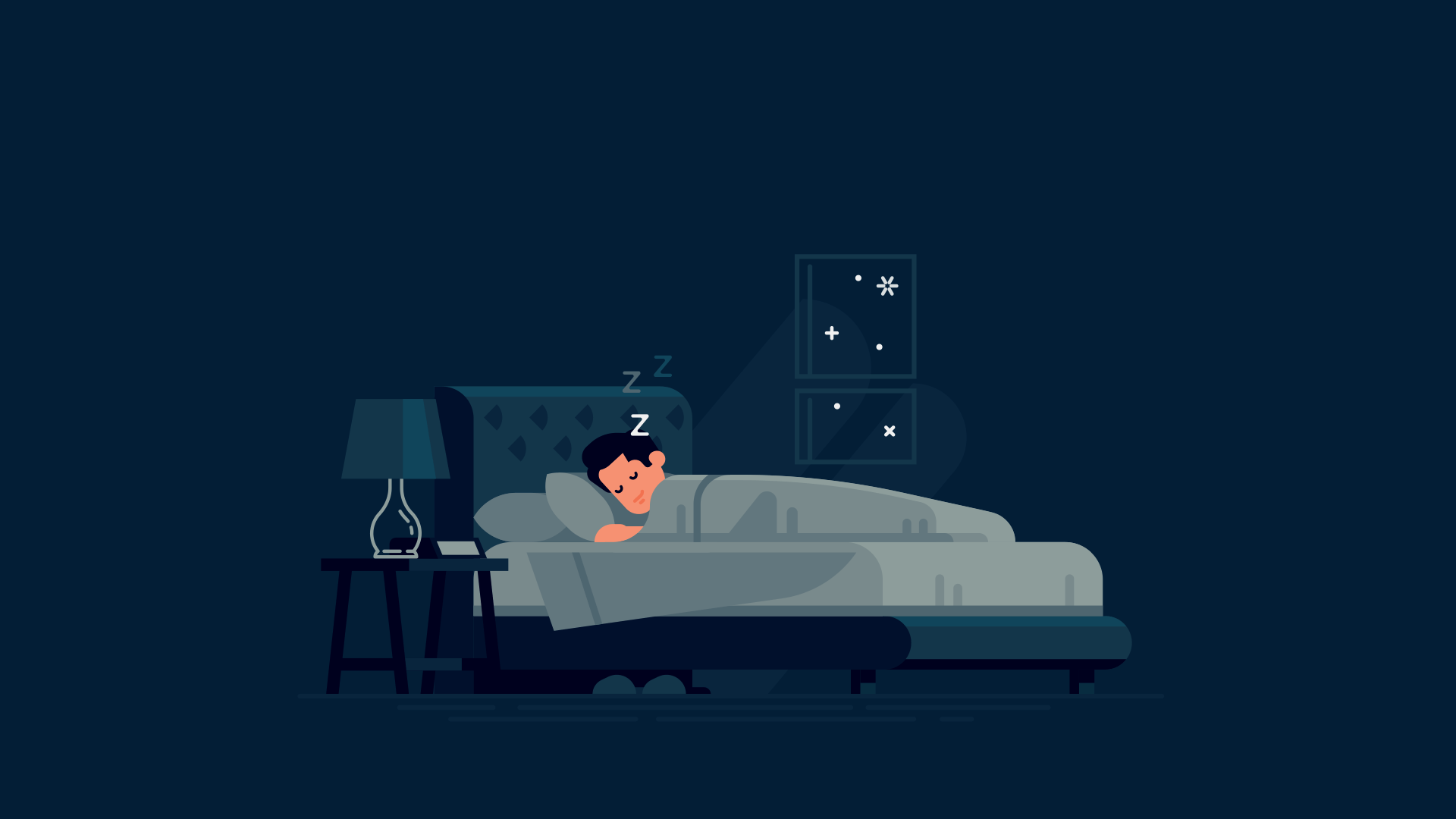By Thiago Barata Reis, Year 12
Good quality sleep can be hard to come by–especially if you are a secondary school student. In fact, a 2017 study shows that around 75% of secondary school students get less than the recommended 8 hours of sleep. Around 43% get even less than 6 hours. This situation has become common: students are often flooded with work, and when they finish all of it at a late hour, they have to watch at least one episode of their favorite show or a video on Youtube. This means they go to sleep late and still have to get up early in the mornings. Getting the right amount of good quality sleep is critical both to one’s physical and psychological well-being; unfortunately, this is not understood by many.
Why is it so difficult for secondary school students to get enough sleep? One of the most important factors is the lack of regularity of their sleep cycles. Students often do not sleep and wake up at the same time every day, and some weeks simply contain more work or assessments than others. This lack of regularity in sleep disturbs the body’s circadian rhythm, which controls the sleep-wake cycle. Simply put, it is the body’s “internal clock” and if it is disturbed, the brain will not “know” when one’s body has to sleep or wake up. Another factor that might be decreasing the quality and quantity of one’s sleep is spending too much time using screens before going to bed. Darkness is critical in the release of melatonin, a hormone that helps regulate the circadian rhythm, and ultimately, makes you feel sleepy. Students often struggle with this as many of their assignments are on computers and because of the excessive use of phones or tablets. As neuroscientist and author of “Why We Sleep”, Matt Walker, puts it: a third factor to consider is that “The brain is an incredibly associative device”. This means that if someone is having a hard time falling asleep, the person should get out of bed and do something else. By failing to do so, the brain will start to associate the bed as a place to be awake. Similarly, working in bed could create an association between the bed and work, again making it harder for people to fall asleep. All of these factors and more can make it difficult to get good quality sleep.
So what are the impacts of a low quantity or quality of sleep? Firstly, researchers have shown that irregular sleep schedules increase the risks of having high cholesterol, having high blood sugar, and developing cardiovascular diseases as an adult. In fact, British researchers found that people with less than five hours of sleep per night double their chances of dying from cardiovascular disease. Sleep also affects the brain’s ability to learn and retain information. In a particular experiment, two groups were created: one which received a full 8 hours of sleep, and one which had to stay awake until the morning. The next day, both groups had to learn and memorize new facts. The results are striking: the group with no sleep had an enormous 40% deficit in retention.
This raises the question, “Should I pull an all-nighter and study before an exam?”. In most cases, the answer is no. Numerous studies have shown that sleep deprivation causes mental performance that is comparable to that of a person who has overconsumed alcohol. For most people, pulling an all-nighter to revise for an exam or test will have a negative effect rather than a positive one, as performance on tests should be worse.
In conclusion, although many people do not get enough of it, sleep is vital for humans and especially teenagers, both physically and psychologically. Even though it might be terribly difficult for students to improve the quantity and quality of their sleep, there are some solutions. The hardest but probably most effective one is managing time better. Doing work the night before is not ideal, and it is usually the reason why people cannot sleep early enough. By managing time better, students would be able to develop a more carefully set sleep schedule. A small change you can make is making your surroundings darker before bed. This includes not using devices at least 30 minutes before bed and dimming down the lights in your room. Finally, try not to work from your bed as it could create an association between the bed and productivity. Sleep truly is vital, and everyone, especially students, should at least try to get the right amount and quality of it.



